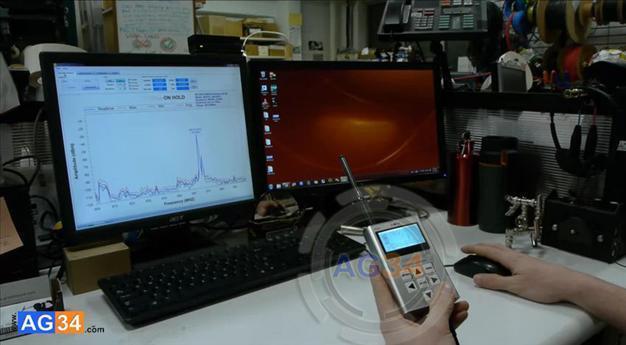Court releases three suspects in top officials’ wiretapping case
ANKARA – Anadolu Agency

An Ankara court has ruled for the release of three arrested suspects in the case into officials from Turkey’s top science body and telecommunications authority on charges of illegally wiretapping the encrypted phones of high-ranking state officials, including then-Prime Minister Recep Tayyip Erdoğan.
In an interim decision on July 13, the Ankara 2nd Heavy Penal Court ruled for the release pending trial of three suspects, Ferhat Saraç, Bülent Kocagürbüz and Ahmet Yeni, while the arrest of the nine remaining suspects is continuing.
As the court’s decision was read, Özgür Ören, one of the suspects who will remain under arrest, fainted.
A total of 28 people working at the Telecommunications Directorate (TİB) and the Scientific and Technological Research Council of Turkey (TÜBİTAK), including former TİB Deputy Chairman Osman Nihat Şen and former TÜBİTAK Vice President Hasan Palaz, are standing trial.
The suspects are accused of “attempting to annul the government of the Republic of Turkey or attempting to partially or entirely block the government from performing its duties, being a member of a terror organization, collecting state information that should have remained confidential for purposes of political or military spying aims, and openly revealing the secrecy of communication between individuals.”
Şen denied the accusations, saying he did not give “any unlawful orders and no unlawful wiretapping was conducted” during his term at the TİB. Referring to his extensive career at the TİB, where he had worked in every capacity since March 2007, Şen said he was forced to resign by those who claimed it would be “bad” for him otherwise. He also claimed that the current head of the TİB insulted him and “bullied him intensely” during his term.
Yeni, who was released pending trial and who worked as a computer engineer in TÜBİTAK between 2010 and February 2015, told the court that he had not worked on any of the alleged cellphone projects.
“The indictment says I have authority to access the IMEI numbers [of the mobile phones]. I did not have such an authority … I have been in prison for two months and I still don’t know why,” he said.
The court has requested that the institutions where the 28 suspects work to report their duties, and the next hearing in the trial has been set to take place on Oct. 8.
 An Ankara court has ruled for the release of three arrested suspects in the case into officials from Turkey’s top science body and telecommunications authority on charges of illegally wiretapping the encrypted phones of high-ranking state officials, including then-Prime Minister Recep Tayyip Erdoğan.
An Ankara court has ruled for the release of three arrested suspects in the case into officials from Turkey’s top science body and telecommunications authority on charges of illegally wiretapping the encrypted phones of high-ranking state officials, including then-Prime Minister Recep Tayyip Erdoğan.